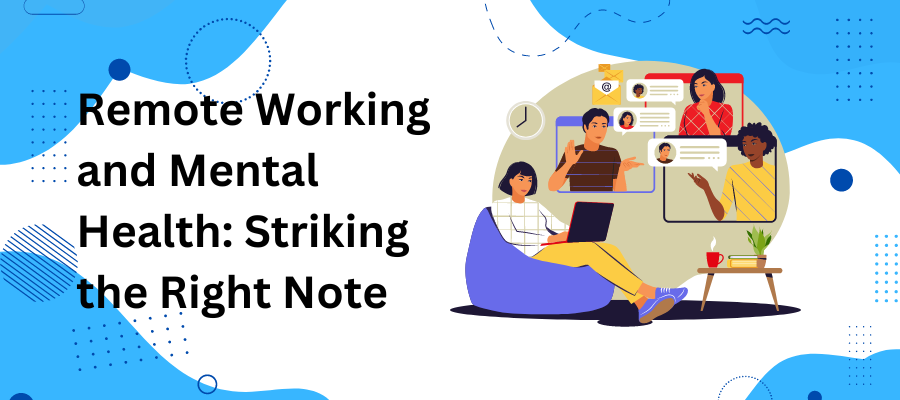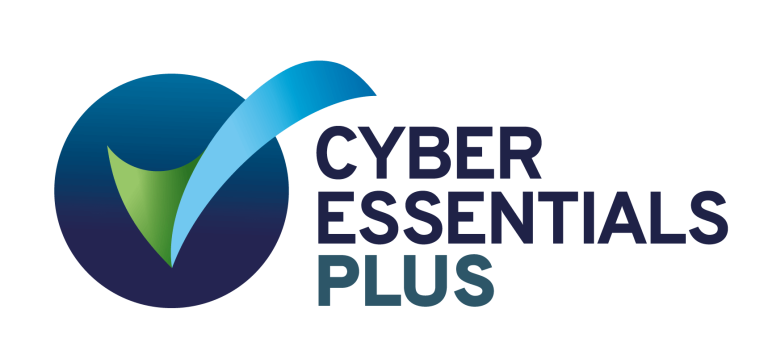In the grand orchestra of life, remote working has become a new instrument many of us are learning to play. Striking the right balance can create a harmonious symphony, while off-key notes can lead to dissonance and discomfort, affecting our mental health.
The New Reality of Remote Work
As we embark on the digital transformation of the workplace, the importance of setting clear boundaries to maintain a healthy work-life balance and safeguard our mental health becomes paramount.
The onset of the COVID-19 pandemic has acted as a catalyst, thrusting us into a new era of work – the era of remote work. This shift isn’t merely about transplanting our work from the office to our homes; it’s a comprehensive reimagining of the work dynamics. This new work reality, if not managed appropriately, can lead to a convoluted mix of personal and professional responsibilities, posing a significant challenge to our mental well-being.
Unlike the physical office environment with its clear-cut boundaries, remote work environments can blur the lines between our professional and personal lives. There are no longer specific geographical locations that segregate our work from our home life. Living rooms become offices, kitchen tables turn into meeting rooms, and suddenly, our homes, our places of relaxation and respite, are overrun with professional responsibilities.
This blending of personal and professional life can often resemble a symphony, where numerous distinct notes need to work in harmony to produce a pleasant sound. However, striking the right balance is essential. Without it, we risk creating a discordant mix that may strain our mental health, much like the cacophony created by misaligned musical notes.
Moreover, the new reality of remote work extends beyond our physical environment. It alters our communication patterns, challenges our time management skills, and demands a higher level of self-motivation and discipline. Digital tools and platforms have become our primary means of interaction, requiring us to navigate and adapt to new modes of communication.
All these changes underscore the importance of developing strategies to maintain boundaries in this new work reality. Similar to a well-conducted symphony, where each note finds its rightful place to create a harmonious melody, we need to ensure that our personal and professional lives coexist without overpowering each other. As we navigate this new reality of remote work, it’s crucial to orchestrate our work-life symphony carefully to promote balance and protect our mental health.
The Challenges of Remote Work
Remote work, while providing the undeniable convenience of eliminating commutes and enabling a flexible schedule, brings forth its own set of unique challenges. These challenges, if not addressed, can have significant impacts on our mental health and overall well-being.
Isolation is one of the primary challenges faced in a remote work environment. Despite being connected digitally, the lack of physical interaction can lead to feelings of loneliness and detachment. The loss of informal, spontaneous conversations with colleagues – the quick catch-ups over coffee or lunch, the water cooler chats – can create a sense of isolation that is detrimental to our mental health.
The blurring of physical boundaries between work and personal life is another critical issue. When your home also serves as your office, it can be hard to distinguish between professional time and personal time. The lack of a physical distinction can lead to the encroachment of work into personal time, creating an environment where it’s difficult to switch off and relax.
This challenge leads to another: the advent of longer work hours. Remote workers often find themselves working beyond traditional office hours. Without the physical act of leaving an office to signal the end of the workday, it’s easy to fall into the trap of overworking. This overexertion, in turn, can accelerate the journey towards burnout.
Lastly, the “always-on” culture, heavily fostered by the constant accessibility provided by digital tools, only exacerbates these issues. Employees may feel the need to respond to work-related communication immediately, irrespective of the time, further blurring the work-life boundary and adding to the stress and anxiety levels.
These challenges can be likened to discordant notes in our work-life symphony, causing disruptions and dissonance in what should be a harmonious blend of work and personal life. Addressing these issues is vital to maintaining the melody of balance in our work-life symphony, ensuring the music of our lives continues to play harmoniously.
Striking the Right Note: Solutions for a Harmonious Balance
Overcoming these challenges requires clear boundaries, regular breaks, and prioritizing mental health. Managers should encourage and respect these boundaries, similar to how a conductor controls the tempo and volume of an orchestra.
- Set Clear Boundaries: Establish a dedicated workspace and set specific work hours to separate professional responsibilities from personal life.
- Regular Breaks: Take regular breaks to relax and rejuvenate. Short breaks can act like intervals between musical movements, providing much-needed respite.
- Prioritize Mental Health: Maintain an open dialogue about mental health. Companies can offer resources like mental health days and counseling services.
Successful Measures by Companies
Many organizations have successfully implemented measures to ensure a balanced remote work environment. Microsoft, for instance, introduced ‘Well-being days’ and ‘No-meeting Fridays’. Such measures act as intermissions, allowing employees to catch their breath and recharge, thereby ensuring a harmonious symphony.
Creating a harmonious balance in the remote work scenario is similar to composing a beautiful symphony. With the right measures, companies and employees can strike the perfect balance between work and personal life, fostering a healthier mental state.
TL;DR
In the symphony of remote work and personal life, striking the right balance is crucial to maintain mental health. Clear boundaries, regular breaks, and a focus on mental health can help create a harmonious work-life balance, similar to the various notes working together to produce a beautiful piece of music.
Our Takeaway
The successful management of remote work and mental health can be compared to an orchestra performing a symphony. When all elements work in harmony – personal life, professional responsibilities, and mental health – the resulting symphony is a fulfilling remote work experience that promotes overall well-being.
More From The Blog



